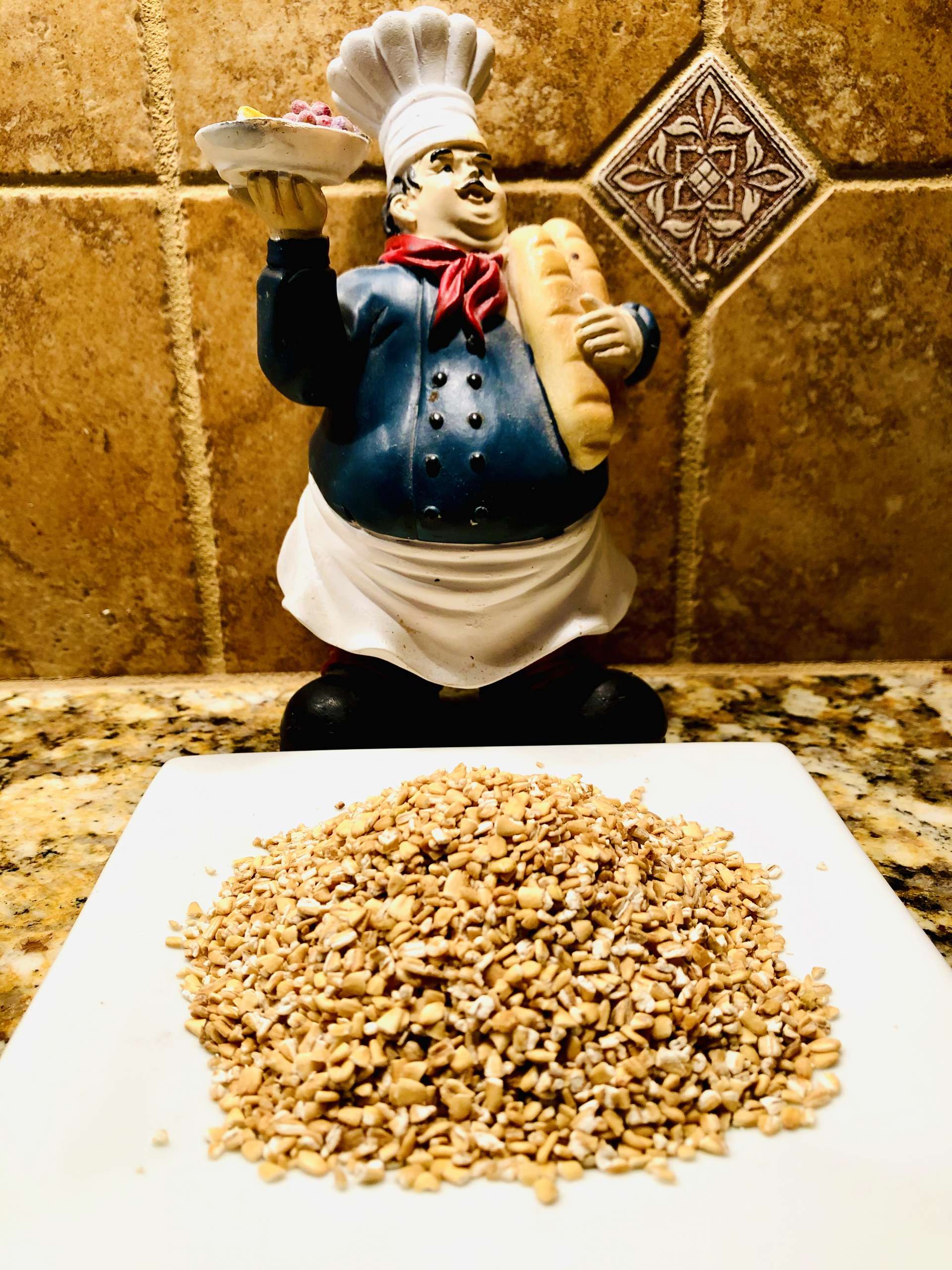Oats
Oats (Avena sativa) are a whole-grain cereal that are a very good source of fiber, especially beta glucan, and are high in vitamins, minerals, and antioxidants.
Whole oats are the only food source of Avenanthramides, a unique group of antioxidants believed to protect against heart disease, blood pressure and other benefits, such as lowering blood sugar.
Oats may lower total serum Cholesterol levels by washing away Bile Acids in the Digestive Tract that would otherwise be converted to Cholesterol, also lower total serum Triglyceride level.
Nutrition facts
The nutrition facts for 3.5 ounces (100 grams) of raw oats have:Calories: 389
Water: 8%
Protein: 16.9 grams
Carbs: 66.3 grams
Sugar: 0 grams
Fiber: 10.6 grams
Fat: 6.9 grams
Carbs
Carbs make up 66% of oats by dry weight. About 11% of the carbs is fiber, while 85% is starch. Oats are very low in sugar, with only 1% coming from sucrose.
Fiber
Oats are rich in a specific type of fiber called beta-glucan. This particular type of fiber is known to help lower levels of bad cholesterol. One cup (81 grams) of dry oats contains 7mg of fiber, the recommended daily intake of fiber for women is 26 grams and for men 39 grams.
Vitamins / Minerals
100 grams contain has 297 calories.
- 6% vitamin B6
- 14% Folate
- 5% Niacin
- 9% Riboflavin
- 50% Thiamine
- 53% Magnesium
- 12% Pantothenic acid
- 29% Iron
- 240% Manganese
- 12% Potassium
- 52% potassium
- 42% Copper
- 26% Zinc
Amino Acid
Tryptophan
Leucine
Icoleucine
Lysine
Methionine
Phenylalanine
Tyrosine
Valine
Glycine
Arginine
Alanine
Proline
Serine
Lipids
Omega-3 0.11%
Omega-6 2.42%
Monounsaturated 2.17%
Saturated 1.21%
Toxic effects
Celiac Disease patients should avoid Oates and Oats-containing of oats (Due to the Gluten and Avenin content of oats).
- Insulin Resistance - March 10, 2021
- prostate – Enlarged (BPH) - November 25, 2020
- Probiotics - October 31, 2020


